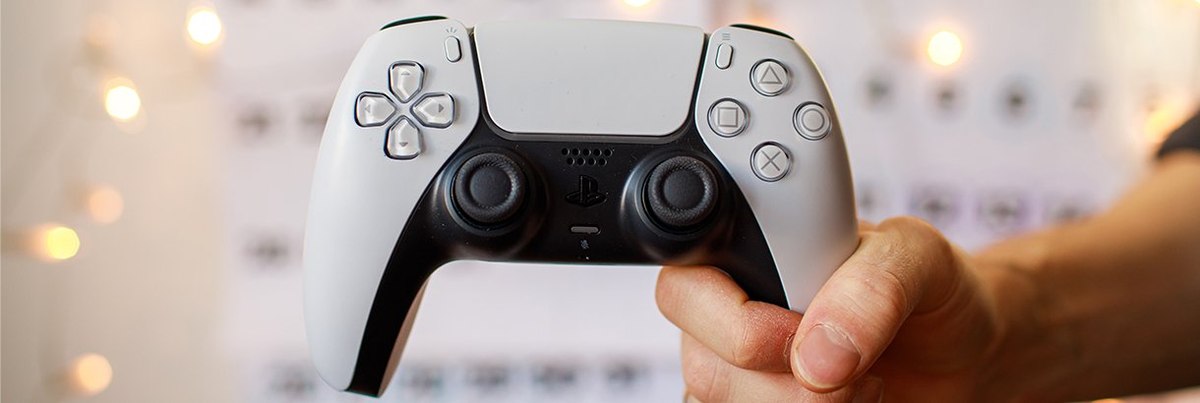This holiday season, Sony and Microsoft launched gaming into a new era with the release of the PS5 and Xbox Series X. The next-gen consoles sold out quickly after being released in early November and according to YouGov data, both brands see increases in US Purchase Intent this shopping season.
Data from YouGov BrandIndex shows that Purchase Intent — which measures the brands consumers are most likely to purchase from — among American consumers nearly doubled this holiday season for PlayStation. In November 2019, 3.8% of Americans said they would be most likely to purchase something from PlayStation. That figure has jumped by 3.5 points to 7.3% in November of this year and the high demand may contribute to what Sony considers to be its “biggest console launch ever”.
Despite trailing PlayStation in Purchase Intent this holiday season, Xbox also earns a 2.1-point increase in this metric compared with the same time last year.
How does PlayStation fare in other parts of the world?
PlayStation’s gains in Purchase Intent are not just limited to the US market and similar trends occurred in the UK and Germany. These increases appear linked to key event poles for PlayStation throughout the year — mainly, the reveal of PS5’s design in June and its eventual release in November.
Purchase Intent for PlayStation peaked at an all-year high in those markets around the launch date of the PS5. At its highest point this year, 8.8% of consumers in the UK said they would be likely to purchase from PlayStation in late October. For the US and Germany, Purchase Intent peaked at 7.4% and 4.4% in November, respectively.
For more insights on the global Gaming and Esports industry check out our recent webinar
Methodology: The data from YouGov BrandIndex on PlayStation’s Purchase Intent is based on the average daily sample sizes of 1,417 adults aged 18 and over in the US, 1,058 adults in Germany, and 2,027 adults in the UK. All figures are based on a four-week rolling average.
Image: Getty















